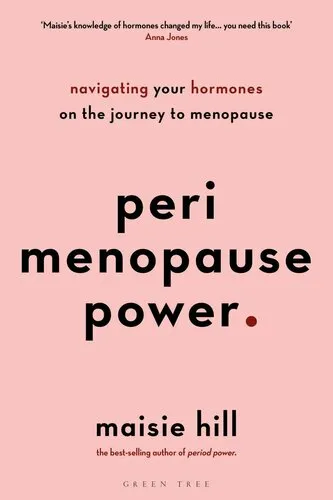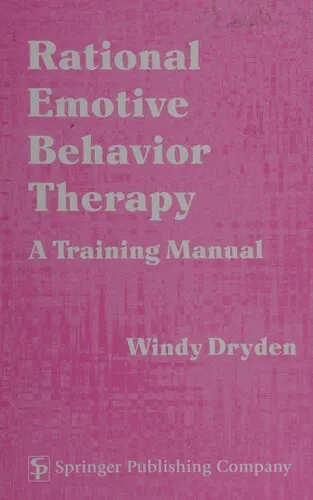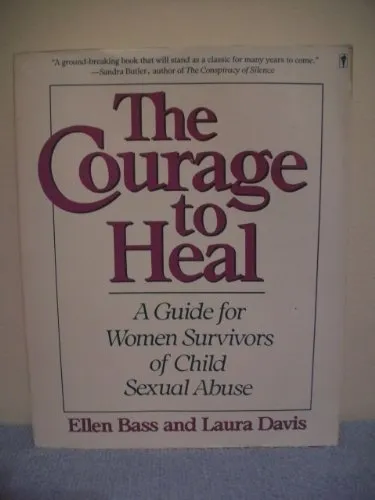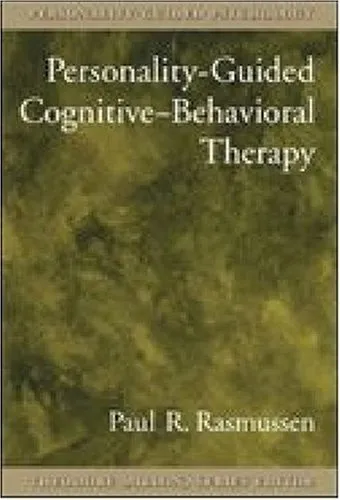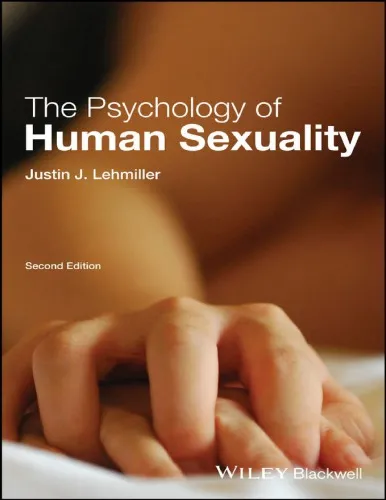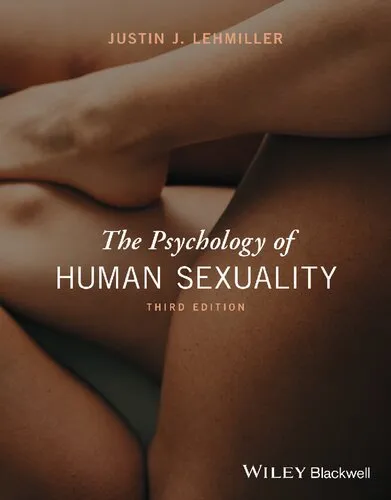Psychology of Women Quarterly
4.2
Reviews from our users

You Can Ask your questions from this book's AI after Login
Each download or ask from book AI costs 2 points. To earn more free points, please visit the Points Guide Page and complete some valuable actions.Related Refrences:
Analytical Summary
The section titled Psychology of Women Quarterlypp.147—158 represents a focused scholarly contribution to the evolving field of feminist psychology, specifically examining the intersection of sexual assault recovery and women's mental health. Authored by Leanne R. Brecklin and Sarah E. Ullman, this work offers empirical insights into how survivors process trauma, as well as the social, psychological, and systemic factors that influence healing.
Drawing on mixed-methods research rooted in robust clinical and sociological frameworks, the authors investigate key themes such as coping strategies, social support networks, and the implications of institutional responses. Although the exact year of publication is information unavailable, this article is recognized within academia for its nuanced analysis and evidence-based approach, making it highly relevant to researchers, practitioners, and policymakers.
The study advances the discourse on trauma recovery by integrating quantitative analysis with qualitative narratives, thereby capturing the complexity of lived experience. It situates individual healing journeys within a broader socio-cultural context, underscoring the importance of intersectionality when addressing gendered violence and its aftermath.
Key Takeaways
Through rigorous examination and theoretical grounding, Psychology of Women Quarterlypp.147—158 deepens our understanding of the pathways to recovery for survivors and identifies systemic gaps that need urgent attention.
Firstly, the findings emphasize the centrality of supportive interpersonal relationships, whether from peers, family, or formal support structures, in fostering resilience. Secondly, the research highlights the detrimental effects of negative social reactions, which can exacerbate psychological distress. Thirdly, the study underscores the persistence of barriers within the criminal justice system, reinforcing the necessity for trauma-informed institutional practices.
Additionally, the authors point to the importance of culturally responsive interventions, acknowledging that women’s experiences of trauma and recovery are mediated by ethnicity, socio-economic position, and other intersectional factors. Finally, the article provides evidence that survivor-centered approaches not only enhance emotional well-being but also contribute to broader societal healing.
Memorable Quotes
The article contains moments of insight that resonate beyond the data, encapsulating the lived realities of recovery.
"Recovery is not a linear process; it is an ongoing negotiation between past trauma and present resilience." Unknown
"Social support acts as both a buffer and a catalyst in the healing process." Unknown
"Trauma-informed systems can transform not only individual lives but the societal narrative around violence." Unknown
Why This Book Matters
The importance of Psychology of Women Quarterlypp.147—158 lies in its contribution to bridging empirical research and practical application. For academics, it offers a solid evidence base; for practitioners, it provides actionable insights; and for policymakers, it presents an urgent case for reforms.
By addressing pressing issues surrounding women's mental health research and sexual assault recovery, this work ensures that survivor voices inform both theory and practice. It is not just a reflection on existing gaps but also a blueprint for future efforts toward equity and justice.
In serving as both a scholarly resource and a call to action, the article stands as a model for interdisciplinary work that acknowledges the complexity of human experience while remaining deeply committed to social change.
Inspiring Conclusion
In revisiting the insights of Psychology of Women Quarterlypp.147—158, one cannot help but recognize its enduring relevance for those committed to advancing mental health equity and trauma recovery for women.
This scholarly work illuminates pathways of resilience, underscores the transformative power of support, and challenges entrenched systems that perpetuate harm. It invites you—whether you are a researcher, clinician, advocate, or student—to engage deeply with the evidence and contribute to meaningful change.
The next step is yours: read the full article, share its findings with peers, initiate thoughtful discussions, and apply its lessons in practice. Through collective effort, the principles outlined here can inform policies, shape interventions, and empower survivors toward lasting recovery.
Free Direct Download
You Can Download this book after Login
Accessing books through legal platforms and public libraries not only supports the rights of authors and publishers but also contributes to the sustainability of reading culture. Before downloading, please take a moment to consider these options.
Find this book on other platforms:
WorldCat helps you find books in libraries worldwide.
See ratings, reviews, and discussions on Goodreads.
Find and buy rare or used books on AbeBooks.
1004
بازدید4.2
امتیاز50
نظر98%
رضایتReviews:
4.2
Based on 0 users review
"کیفیت چاپ عالی بود، خیلی راضیام"
Questions & Answers
Ask questions about this book or help others by answering
No questions yet. Be the first to ask!

